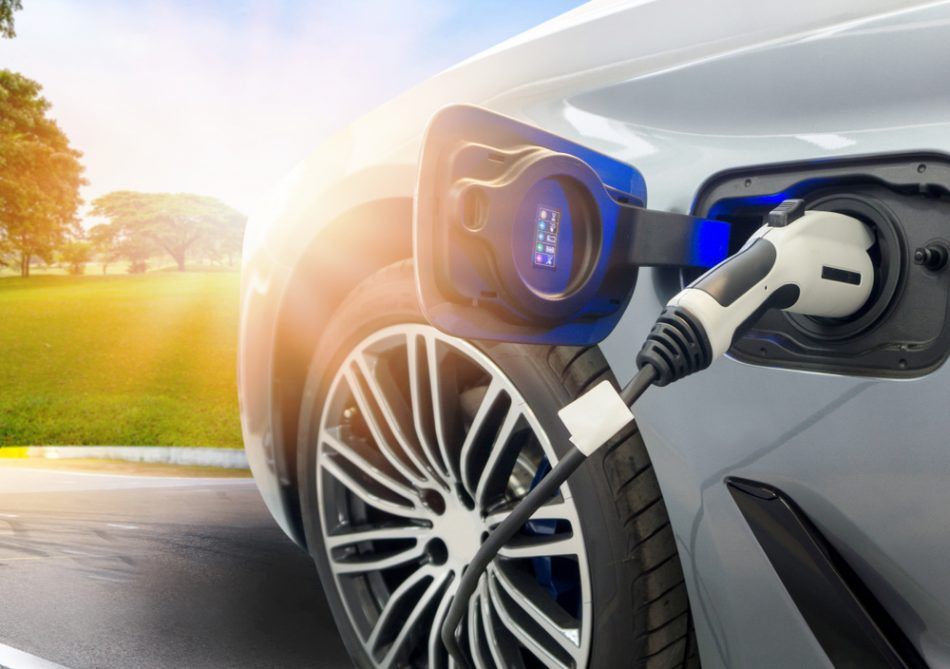
New Battery Can Charge To 200 Mile Range in 10-Minutes
Share this story!
A new battery design from Pennsylvania State University is promising to take on electric vehicles’ biggest problem: Range Anxiety.
Electic vehicles, most notably, Tesla, are poised to decarbonize one of the most polluting sectors of the global economy. These high-end electric vehicles boast ranges in excess of 200 miles before requiring a recharge. The problem? It still takes about an hour to regain a full charge using the most powerful supercharging stations available. Range anxiety comes when people begin to worry about running out of power mid-trip or face delays on their route due to the amount of time it takes to recharge.
Engineers at Penn State have made a major breakthrough by developing a battery that can be charged to full range in mere minutes while, most impressively, maintaining charging cycles for the equivalent of 500,000 miles of travel.
“We demonstrated that we can charge an electrical vehicle in ten minutes for a 200 to 300 mile range,” said Chao-Yang Wang, William E. Diefenderfer Chair of mechanical engineering, professor of chemical engineering and professor of materials science and engineering, and director of the Electrochemical Engine Center at Penn State. “And we can do this maintaining 2,500 charging cycles, or the equivalent of half a million miles of travel.”
Much like the batteries in our smartphones, the lithium-ion batteries that power electric vehicles have a limited number of charge/discharge cycles before they degrade past the point of being useful. However, the researchers on the project have discovered a way to use heat (typically a culprit in battery degradation) to their advantage.
They have found that with a brief 140 degree Fahrenheit heat boost and then rapid cooling process, batteries could recharge to 80% capacity in just 10 minutes. Further, this charge could be repeated thousands of times with no need for lithium plating.
The next step for this impressive team of engineers is to improve their model even further by seeking out materials that would allow them to fully charge the batteries in just 5 minutes.
[/et_pb_text][et_pb_text _builder_version=”3.29.3″ background_size=”initial” background_position=”top_left” background_repeat=”repeat” _i=”2″ _address=”0.0.0.2″][/et_pb_text][/et_pb_column][/et_pb_row][/et_pb_section]
By becoming a premium supporter, you help in the creation and sharing of fact-based optimistic news all over the world.


